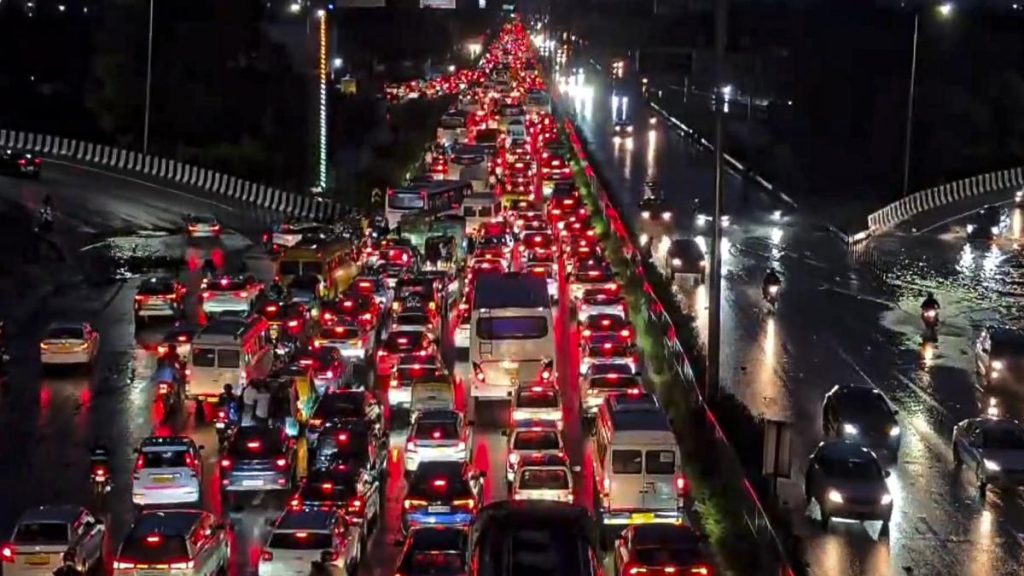Now Reading: Gujarat Eases Penalties for Illegal Construction, Encroachment, and Tax Defaults
-
01
Gujarat Eases Penalties for Illegal Construction, Encroachment, and Tax Defaults
Gujarat Eases Penalties for Illegal Construction, Encroachment, and Tax Defaults

Swift Summary
- The Gujarat government plans to introduce the “Gujarat Jan Vishwas (Amendment of Provisions) Bill” during the Monsoon Assembly session from September 8 to 10, 2025.
- The Bill aims to decriminalise numerous minor offenses by replacing criminal penalties with fines, targeting outdated and burdensome regulations across 11 existing State laws.
- Offenses such as unauthorized construction, public space encroachment, failure to remove waste, defaulting on tax payments, discharging sewage without municipal permission, and unlicensed sale of dairy products would be managed through monetary fines rather of criminal proceedings.
- Additional changes include converting penalties for lodging pilgrims in unauthorized buildings, defacing street names, obstructing authorized personnel access to premises, and loitering for prostitution purposes into fine-based penalties.
- Laws impacted by the amendments include the Gujarat Municipalities Act,Gujarat Town Planning and Urban Growth act,and Gujarat Agricultural Produce Marketing Act.
- State Minister Rushikesh Patel emphasized that these reforms aim to ease compliance burdens on individuals and businesses while reducing court case backlogs.
Indian Opinion Analysis
The introduction of the Jan Vishwas Bill represents a significant shift towards simplifying legal frameworks in Gujarat. By substituting criminal penalties with fine-based enforcement mechanisms for minor infractions like waste management defaults or unauthorized constructions, this legislation seeks both administrative efficiency and judicial relief.As courts frequently enough face an overwhelming backlog of cases stemming from non-critical offenses-this move has potential benefits in redistributing focus toward serious crime resolution.
From an economic perspective, easing compliance requirements may foster greater business confidence by reducing procedural red tape-aligning with India’s broader goal of improving its Ease-of-Doing-Business ranking. However neutral governance will remain critical: ensuring transparency around how these fines are enforced is essential so misuse or arbitrary imposition does not erode public trust over time.
Read More: [Insert source link here]
























